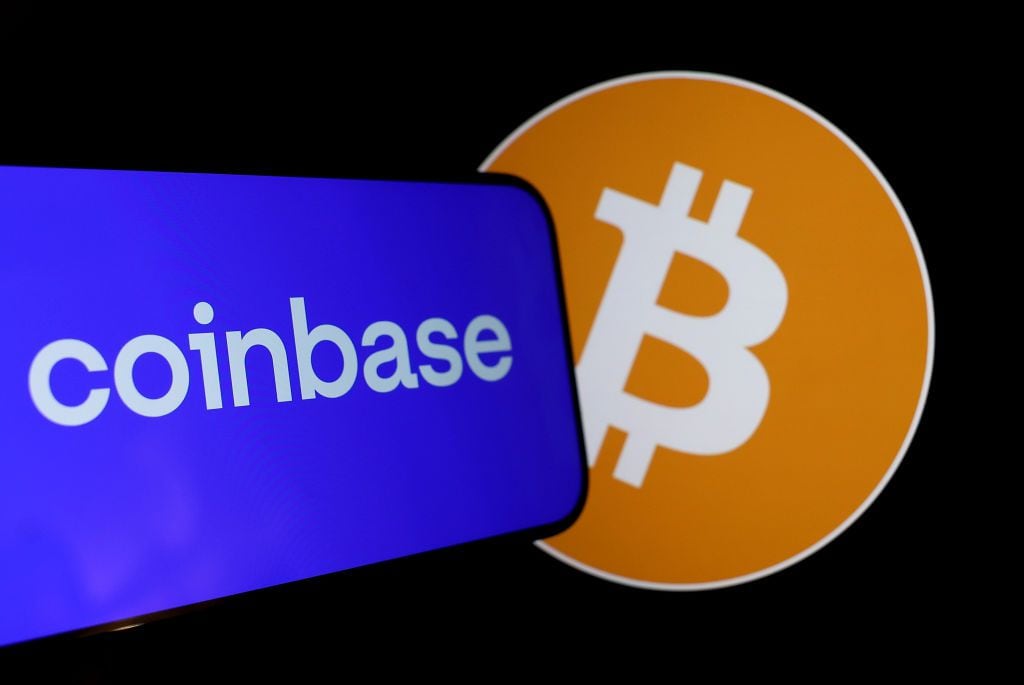*By Madison Alworth* Both Mezu and Venmo are transaction-based finance apps ー but the co-founder of Mezu insists his new platform is quite different. The primary difference? Privacy. "\[We're\] giving you the ability to exchange money with people that you know, but also to exchange money without having to actually share your contact information, which is the major issue with Venmo right now," Mezu CEO and co-founder Yuval Brisker said Friday in an interview on Cheddar. The Cleveland-based operation envisions a world in which cash is less accepted and less convenient, and credit cards and digital payments reign supreme. While Venmo users can send money to anyone on the app, Brisker pointed out that it's not necessarily safe or appropriate to Venmo your bartender a tip. "We developed an app that lets two people who know each other, but also two people who don't know each other... exchange money without having to share their contact details, protecting their privacy first," Brisker said. Each time money is exchanged on Mezu, a one-time encrypted code is created for the transaction. Money on the app lives in an account protected by partner MainStreet Bank, an FDIC-insured company based in Virginia. And in an age of heightened data security concerns, Mezu said that all transaction information on the app remains encrypted. Brisker said that Mezu operates more like cash ー untraceable and secure ー whereas Venmo is more akin to writing personal checks from your bank account. "The irony with Venmo is that, in the most private transaction, most people are broadcasting it out to the world," Brisker said. "I think that that's kinda ending as we see that there's been a lot of violation of people's privacy in those terms." Mezu, which was founded in 2017, recently raised a $10 million Series A round and is available on Apple's App Store and the Google Play Store. For full interview [click here](https://cheddar.com/videos/mezu-no-cash-no-problem).












